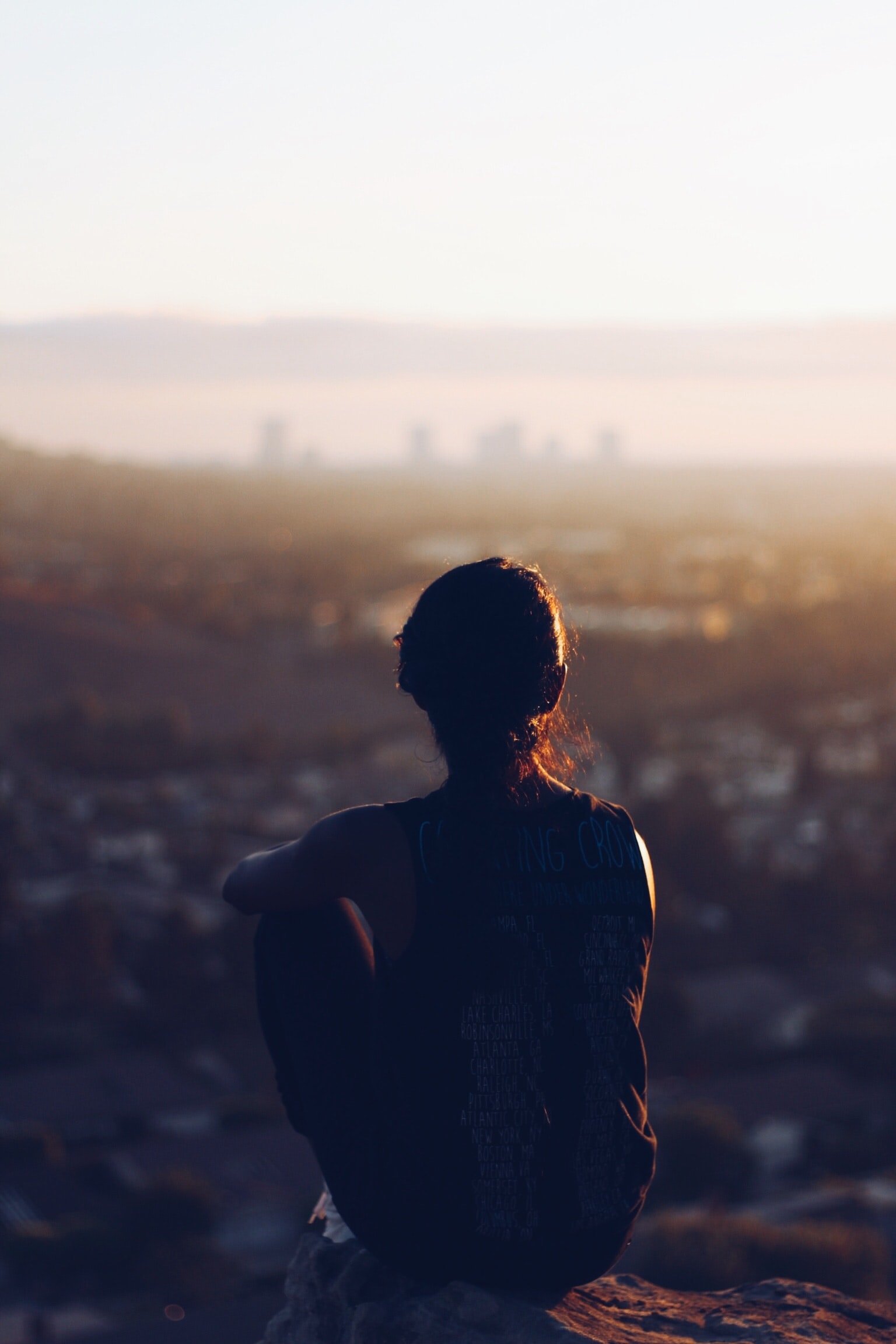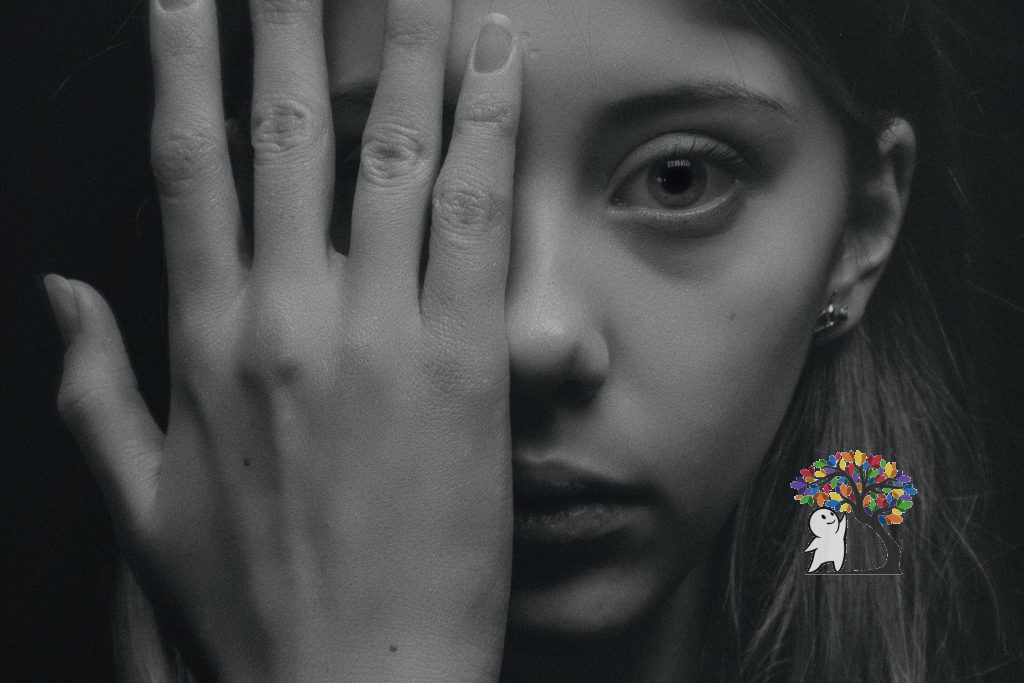5 signs you’re an introvert, not “antisocial”

Have you ever been mislabelled as “antisocial” when you prefer staying at home rather than accepting your friends’ invitation for a day out? Like many other psychological concepts and terms, “antisocial” is often misused in everyday conversation.
Rather than calling people who are declining to engage or incapable of engaging in social interaction “antisocial”, the more proper term would be “asocial”. Silvi Saxena, a licensed social worker and certified clinical trauma professional, explained that “asocial” means feeling or being isolated from others, while antisocial behaviours are linked to antisocial personality disorder (ASPD).
Similarly, introverts are often lumped in with antisocial people. Many defining characteristics can distinguish between introversion and antisocial. With that said, let’s take a look at the signs you’re an introvert, not “antisocial”:
- You prefer the inner life of your mind.

Do you prefer the inner life of your mind – your thoughts and feelings, over the outer world of other people and things? Do you tend to be more withdrawn, retiring, reserved, quiet, and deliberate? If you can relate to the above questions, you are most likely an introvert. According to American Psychological Association, introversion is defined as “orientation toward the internal private world of one’s self and one’s inner thoughts and feelings, rather than toward the outer world of people and things.” What about the definition of antisocial? Antisocial is defined as “denoting or exhibiting behaviour that sharply deviates from social norms and violates other people’s rights” (American Psychological Association, n.d.).
- You can relate to others in a healthy way.

Despite enjoying others’ company, do you sometimes need some time to yourself? Are you comfortable contacting people and arranging occasional lunch dates or meetings? According to a psychotherapist and clinical assistant professor in Psychiatry at the University of Vermont College of Medicine, Dr. Arnie Kozak, introverts are selectively social. Although they enjoy spending time with friends, they may need more time to recuperate from a particularly draining social event. An antisocial individual, on the other hand, is out to be against society and doesn’t care about other people. The ability to engage with others in a healthy way is affected when someone is antisocial.
- You enjoy deep connections with the people you are close to.

Do you have a desire to establish a deep, genuine connection with the people you are close to? If you answer “Yes”, most likely you are an introvert, not “antisocial”. Being an introvert, the idea of having a romantic relationship, companionship or close friendship is appealing to you. According to research conducted by Cabello and Fernandez-Berrocal (2015), having close, healthy relationships is rewarding to introverts and increases their level of happiness. On the other hand, it is impossible to see antisocial individuals seeking out or establishing deep connections with those they are close to.
- You are highly empathetic.

Has it been easy for you to relate to other people’s experiences? Have you always been the person who is considerate of your actions and their consequences to the people around you? Do the scenarios sound familiar? If they are, you are most likely an introvert rather than “antisocial”. In researcher Susan Cain’s book “Quiet: The Power of Introverts in A World That Can’t Stop Talking”, it is stated that bothering or annoying another person is an uncomfortable experience for most introverts. As an introvert, you feel uneasy when you know that you hurt someone else’s feelings. However, antisocial individuals behave oppositely. They don’t care if their behaviour comes across as blunt or offensive to others.
- You enjoy doing things with your friends and the people you love.

What kind of activities do you enjoy? Do you prefer quieter activities rather than going to social gatherings? If you like going to quiet coffee shops, bookstores, or parks over loud social gatherings, you are most likely an introvert. This is because loud noise and other stimuli can easily overwhelm the introverts (Cain, 2013). According to a psychology professor at the University of Minnesota, Dr Colin DeYoung, introverts have a less active built-in dopamine reward system. A chemical with “feel good” properties, dopamine controls the brain’s pleasure and reward centers. It helps to reduce our “cost of effort”. The act of socialising expands the exchange of energy since one has to talk, listen, and pay attention to the stimulus. Dopamine helps a person to better tolerate and often overcome the tiredness that accompanies socialising. However, introverts enjoy attending social gatherings with their friends and the people they love. They can be exciting, adventurous people who enjoy the company of their loved ones. But it is also not uncommon for an introvert to head home early from the social gathering or skip out on it altogether because of their susceptibility to massive energy crashes. In contrast, having fun with groups of people does not appear attractive to antisocial individuals. They genuinely don’t care for socialising, and they don’t really need their friends for fun and excitement.
Final thoughts
At the surface level, antisocial and introvert could appear similar, but they are not the same at all. People usually assume introverts don’t enjoy the company of others, so they don’t want to be around them. In fact, their reclusiveness can be viewed negatively. Introverts can, however, be exciting, adventurous individuals who enjoy being with others. It’s just a matter of protecting their energy and respecting their boundaries. On the other hand, an antisocial person is not protecting themselves, rather, they just don’t care.
REFERENCES
APA Dictionary of Psychology. Dictionary.apa.org. (2022). Retrieved 3 June 2022, from https://dictionary.apa.org/antisocial.
APA Dictionary of Psychology. Dictionary.apa.org. (2022). Retrieved 3 June 2022, from https://dictionary.apa.org/introversion.
Cabello, R., & Fernandez-Berrocal, P. (2015). Under which conditions can introverts achieve happiness? Mediation and moderation effects of the quality of social relationships and emotion regulation ability on happiness. PeerJ, 3, e1300.
Cain, S. (2013). Quiet: The Power of Introverts in A World That Can’t Stop Talking. Broadway Paperbacks.
Granneman, J. (2022). Why Do Introverts Love Being Alone? Here’s the Science. IntrovertDear.com. Retrieved 3 June 2022, from https://introvertdear.com/news/introverts-alone-time-science-marti-olsen-laney/.
Saxena, S., & Sookdeo, T. (2022). Asocial vs. Antisocial Behavior: Understanding the Differences. Choosing Therapy. Retrieved 3 June 2022, from https://www.choosingtherapy.com/asocial-vs-antisocial/.



Responses